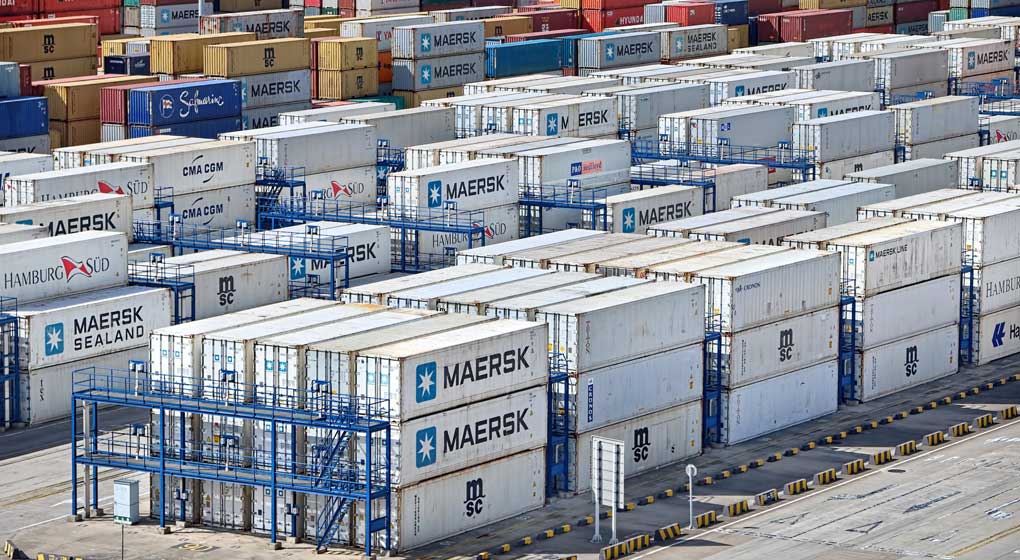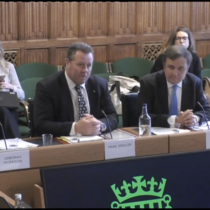The Brexit technical issues we could solve right now
There are two types of issue that need to be addressed by Government if we are to be prepared for Brexit at the end of this year and if we are to avoid serious disruption to trade.
There are technical issues which are specific, can be tightly defined and which Government can be working to resolve right now without waiting. Then there are general concerns which have less clear solutions but which must be addressed urgently.
While some progress has been made on the basic import and export processes, there are still several key issues that remain unresolved. And, these issues have the capacity to completely halt trade of certain goods to the EU and possibly even other 3rd countries.
In this article we look at the key unresolved technical issues that could seriously hamper trade and put British firms at a competitive disadvantage.
Health / ID marking
The working assumption is that the health mark ‘UK’ may still be retained if a wide ranging Free Trade Agreement (FTA) is reached with the EU which may include a negotiated agreement to continue to use ‘UK’ rather than the standard requirement that the EU has for third countries to use the ISO standard – ‘GB’.
In the absence of a deal the UK will need to use the ‘GB’ mark for trade with the EU and it makes little sense to have a different mark for trade with other markets.
We need clarity as soon as possible as to which way this will go and how soon the UK can move to the ‘GB’ mark if that is required. Technically the UK has already left the EU so it would be helpful to manage the transition to the new mark well ahead of the 31 December deadline.
Groupage
The current guidance from government on groupage is only applicable to premises that are not producing fresh meat, so meat processors would not be able to use it. As things stand there is no working protocol or procedure in place for grouped or mixed loads containing fresh or frozen meat or meat products.
We need clarity on what the certification procedures will be. For example: who signs what and where? Who seals the vehicle and takes responsibility for the consignment?
The bottom line is: if UK operators exporting fresh and frozen meat can no longer use groupage, they will be at a very significant competitive disadvantage.
Export certification
We need to establish whether countries have accepted that the UK will still be following EU legislation standards and that we will be exporting on a UK based certificate rather than an EU certificate. There are many questions about transitional period of certificates but, to begin with, we must ensure we have access to our current export markets.
Certification
As a Member State and during the transition period, the UK is exempted from having to provide export health certificates (EHC). At the end of the transition period this will cease and the UK will have to complete and provide EHCs.
This is relatively straightforward for fresh and frozen meat where there are standard EHCs, however for certain products such asfresh meat preparations or mince there are currently no EHCs for imports into the EU from no- EU countries.
It is essential that, regardless of the FTA discussions, the UK attempts to secure agreement on EHCs, bearing in mind there is mutual interest in doing so.
Similar issues surround the additional requirements that the UK may have to meet in order to export to the EU in the absence of a mutual agreement where the UK does not secure exemptions such as Trichinella testing, TB testing etc. If the UK does not secure an agreement to maintain its current animal health status in relation to EU trade, we will be facing costly additional requirements in order to be able to export.
In Part Two we look at the other concerns we and our members have surrounding things like tariffs, import/export checks and labour.






